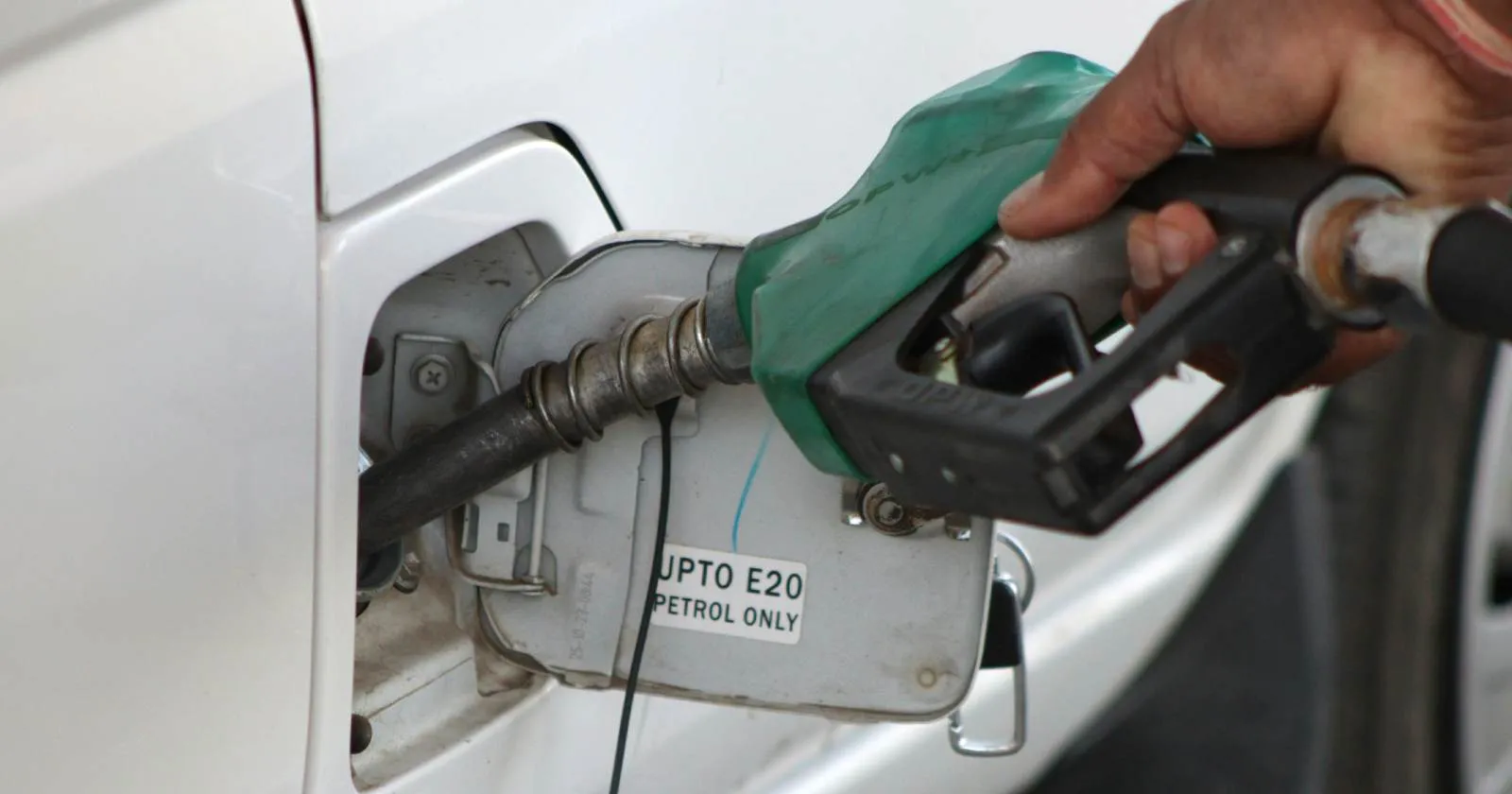
The regulatory update follows months of heated discussions among automotive manufacturers.
Share Post

The regulatory update follows months of heated discussions among automotive manufacturers.
India's Bureau of Energy Efficiency (BEE) has announced key modifications to its fuel efficiency regulations. This is the first time small vehicles receive dedicated relief under the corporate average fuel efficiency framework. The updated guidelines also preserve incentives for alternative fuel and hybrid technologies, reported Business Standard.
The regulatory update follows months of heated discussions among automotive manufacturers. India's leading small car producer had lobbied for special considerations under the CAFE-3 and CAFE-4 standards, while major competitors including Tata Motors and Mahindra & Mahindra resisted such preferential treatment.
Industry stakeholders have 21 days to submit responses to the revised CAFE standards.
The energy efficiency bureau originally published its initial CAFE-3 and CAFE-4 framework in June of the previous year, with implementation scheduled from April 2027 through March 2037. The automotive industry association provided feedback recommendations in December, prompting Thursday's regulatory revision.
The updated regulations establish specific criteria for small vehicle classification. Gasoline-powered cars qualifying for special treatment must not exceed 909 kilograms in weight, feature engines of 1,200cc or smaller, and measure under 4,000mm in length -- typically including entry-level hatchbacks and compact sedans.
These qualifying vehicles receive preferential emission calculations. Beyond carbon dioxide reductions achieved through verified technologies, small cars can deduct an additional 3 grams per kilometre from their reported emissions.
The revised draft, according to the report states: "Considering the limited potential for efficiency improvements in petrol vehicle models with an unladen mass up to 909 kg, engine capacity not exceeding 1200 cc and length not exceeding 4000 mm … [such cars] shall be eligible to claim, in addition to certified technology-based savings, a further reduction of 3.0 g CO₂/km in its manufacturer-declared CO₂ performance for calculation of performance under CAFE 2027."
This adjustment means small cars achieving 2 grams of carbon dioxide reduction per kilometre through technological improvements can claim 5 grams toward their CAFE compliance calculations.
To maintain regulatory balance, the new framework caps cumulative benefits. The regulations specify that no small car model "shall be permitted to claim a cumulative reduction exceeding 9 g/km of CO₂ in any reporting period."
The bureau preserved existing volume derogation factors that provide preferential treatment for alternative powertrains in fleet emission calculations. Electric vehicles retain their three-times multiplier, while strong hybrids maintain their two-times factor, benefiting manufacturers with significant hybrid portfolios.
The updated standards introduce a Carbon Neutrality Factor offering emission discounts for cleaner fuel usage. Gasoline vehicles operating on E20-E30 ethanol blends receive 8 per cent reductions, compressed natural gas vehicles get 5 per cent discounts, and flex-fuel ethanol vehicles plus strong hybrids capable of flex-fuel operation earn 22.3 per cent emission discounts.
Unutilised Funds, Startup Barriers: Is Auto PLI Scheme Due for Reform?
Arun Prakash 28 Feb, 2026, 4:04 AM IST
Maruti Suzuki Inaugurates 200th Nexa Studio Outlet, Bets Big On Rural Market
Sameer Fayaz Contractor 27 Feb, 2026, 3:04 PM IST
Chinese Firm Reveals Detachable Range-Extending Generator for EVs
Acko Drive Team 27 Feb, 2026, 12:12 PM IST
Non-PLI Electric Two-Wheeler OEMs See Growth Plunge from 407% to –33%: Report
Acko Drive Team 27 Feb, 2026, 11:48 AM IST
51 Teams Compete as mBAJA SAEINDIA 2026 Opens in Narsapur
Acko Drive Team 27 Feb, 2026, 10:05 AM IST
Looking for a new car?
We promise the best car deals and earliest delivery!
